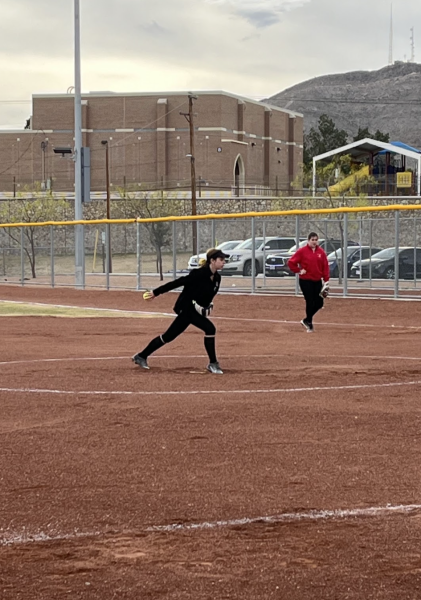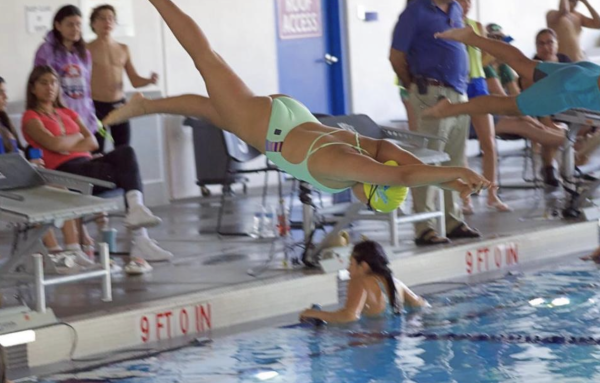2022 Winter Olympics update
February 4, 2022
In China, if multiple cases are found in a certain location, intense precautions and restrictions are put into place to avoid outbreaks.
This creates a problem for the Winter Olympics because if too many COVID cases are reported in Beijing, it is possible for the games to be postponed or canceled.
In Beijing, COVID cases have been kept between zero to four weekly reported cases from January 2021 to January 2022.
In the neighboring city of Tianjin, there was a spike in cases.
Tianjin’s highest COVID record was on February 11, 2020, with 6,905 reported cases.
In 2021, the highest COVID record was 144 cases in January.
On January 6, 2022, there were 174 reported COVID cases.
There have been 40 confirmed COVID cases, two of which were the Omicron variant.
The Omicron variant may have been spreading throughout Tianjin because on December 28, a student tested positive for COVID with the Omicron variant.
The Beijing Center for Disease Control has ordered anyone who used transportation from Tianjin to Beijing to get tested and stay in quarantine until they have proof of a negative test.
The diplomatic boycott, led by the United States and supported by Canada, Britain, and recently, Australia, has led these countries to opt-out of sending government representatives with the athletes.
Japan follows along but refuses to be part of the diplomatic boycott to avoid conflict with their trading partner China.
The National Hockey League (NHL) has additionally pulled out of the Winter Olympics due to increasing COVID cases.
10 out of the 32 NHL hockey teams have shut down due to COVID, 24 teams have at least one player testing positive, and 135 players are infected.
One of the top US figure skaters, Alysa Liu, has also tested positive for COVID.
With the increasing numbers of players testing positive, the only way they will be able to play in the games is if they test negative twice, 24 hours after their recovery.
They must also provide a medical certificate as proof of recovery to the Olympic officials for eligibility.
All international players must be tested twice 96 hours before entry into China, and unvaccinated players will quarantine for 21 days upon their arrival.
Olympic officials are taking as many precautions as they can by having athletes take multiple tests before their flight to China, staying in individual hotel rooms, keeping contact with other participants at a minimum, as well as taking daily COVID tests.
State Council officials in Beijing worry that the Winter Olympics are going to cause a spike in cases.
Deputy Director of Epidemic Prevention and Control Office of Beijing Winter Olympic Organizing Committee, Huang Chun, offered reassurance that officials and staff are prepared to handle COVID cases among the athletes.
Although COVID-positive athletes are opting out of the Winter Olympics due to the games being so close, no postponements or cancellations of the games have been announced.













